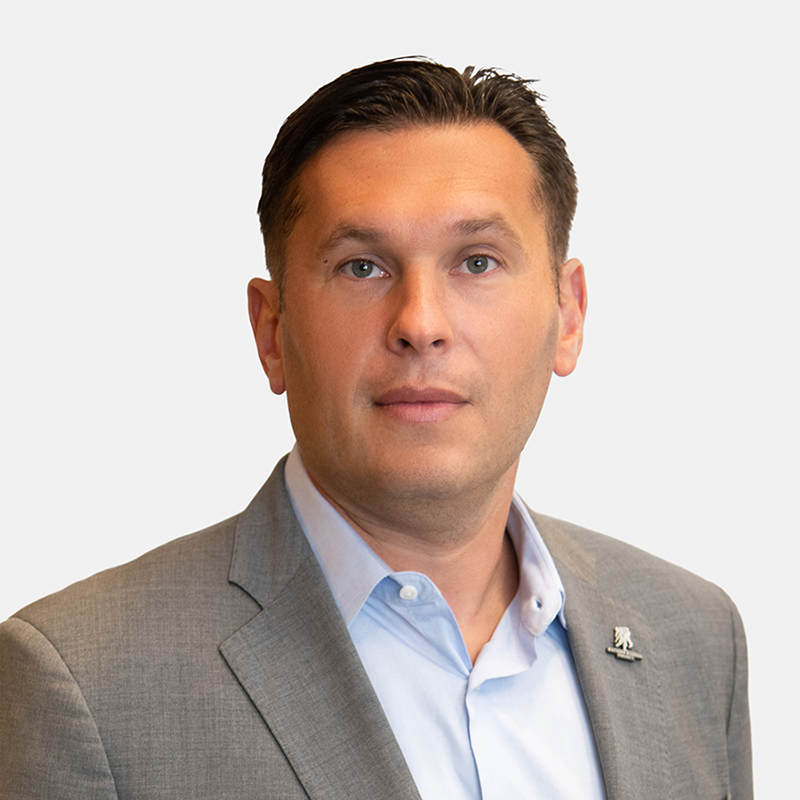: Wounded Warrior Project’s Independence Program case managers understand that when a service member has a TBI or other physical or mental health issues, the whole family is affected—in the short- and long-term. WWP case managers get to know their families intimately, checking on them weekly and helping them find the services and resources they need. They are always available to help families navigate through these sometimes-complex situations.
Dr. Alexander Balbir is the Director of Independent Services at Wounded Warrior Project.
For information about treatments for brain injury please visit The Treatment Hub.
Family members are critical for the recovery of service members and veterans who have sustained a brain injury. We’ve made it a point over the last couple of years to renew our focus on families. To adjust the family dynamics, you have to get to know the family and you have to build that trust. Seven years ago, when we were first starting the program, we had relatively high caseloads. Each staff member had about 100 cases and that became a challenge, our teams that know, and they didn’t build that rapport. As we started to move, really identify the most ideal caseload for our staff and a caseload that would result in a much better understanding of what that family is going through and helping to build that trust, as those caseloads started to lower, what happened was is that now we know the complexities even more amongst these families. We have it documented, we speak to these families on a weekly basis. So getting to know them and being able to adapt, that’s been very important for us. And our model has sort of grown with the need. It’s not just brain injury of a particular veteran or service member, it’s brain injury, it’s mental health, it’s mental health of the caregiver, it’s mental health and well-being of the other family members that live there as well. So that environment, if not monitored carefully by our staff, by our case management staff, then we start to get into some problems. But the level of oversight and the intimate nature of what we do with the Independence Program, that really provides that sort of an umbrella and that safety net for those individuals that we can manage those complexities really well. BrainLine is powered in part by Wounded Warrior Project to honor and empower post-9/11 injured service members, veterans, and their families.
About the author: Alexander Balbir, PhD, MBA
Dr. Alexander Balbir served as the Director for Independence Services at Wounded Warrior Project (WWP). He currently serves in the United States Navy Reserve as a Medical Service Corps Officer hospital/healthcare administrator.

